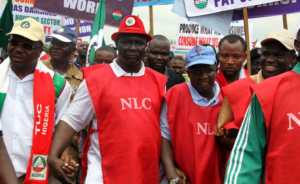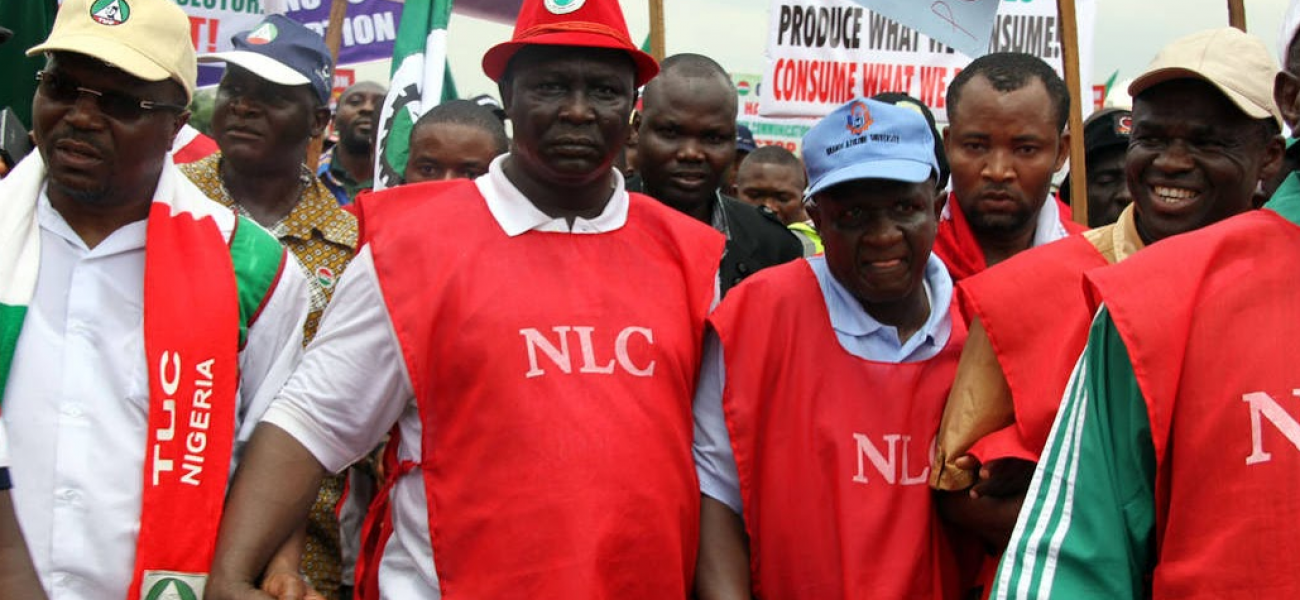 Following agreement reached by organised labour and the Government, a new minimum wage for Nigerian workers appears to have been agreed upon. This agreement has led to the suspension of the planned Labour strike that was to commence on Tuesday, 6 November, 2018.
Following agreement reached by organised labour and the Government, a new minimum wage for Nigerian workers appears to have been agreed upon. This agreement has led to the suspension of the planned Labour strike that was to commence on Tuesday, 6 November, 2018.
Organised labour had threatened a complete lockdown on economic activities from November 6 after the Federal Government and the Union failed to arrive at a consensus on the minimum wage. The Labour Union had insisted for the minimum wage to be increased from N18,000 to N30,000 but there had been conflicting positions on the part of the Executive as while the Federal Government agreed to pay the said amount, the Governors Forum (composed of the 36 State Governors) had expressed their handicap to pay Labour’s stated amount suggesting rather, that the sum of N22,500 would have been more agreeable as it would prevent them from exceeding the threshold of 50 percent of revenues available to each State.
Had the strike gone on, it will undoubtedly have had serious repercussions on the Nigerian economy even as the CBN Governor, Godwin Emefiele had earlier warned that the country was likely to return to recession[1 and with the latest World Bank’s rankings on Ease of Doing Business seeing Nigeria slip downwards by a position. [2]
While an Executive Bill amending the National Minimum Wage Act is expected to be forwarded to the National Assembly, it is clear that the N18,000 minimum wage that currently operates and even the proposed N30,000 minimum wage remains insufficient to meet the most basic needs of workers. Therefore, Federal Government’s accession must thus go beyond gaining cheap political points by actually exercising political will to build a stronger economy and reduce the threshold of poverty in the land.
Unfortunately, the environment appears to be particularly susceptible to strikes at this period even as the Academic Staff Union of Nigeria (ASUU) embarked on its own strike on Monday, 5 November after it claimed that the Federal Government failed to honour its agreement with the Union and called for the resumption of an indefinite strike that was last suspended in September, 2017.
1 Alarm Bells Ringing for Nigeria’s Economy https://www.thisdaylive.com/index.php/2018/09/30/alarm-bells-ringing-for-nigerias-economy/
2 Nigeria’s Ranking on World Bank’s “Ease of Doing Business” Drops to 146th Position https://www.thisdaylive.com/index.php/2018/11/01/nigerias-ranking-on-world-banks-ease-of-doing-business-drops-to-146th-position/

